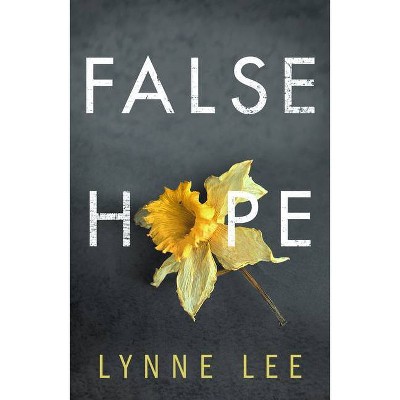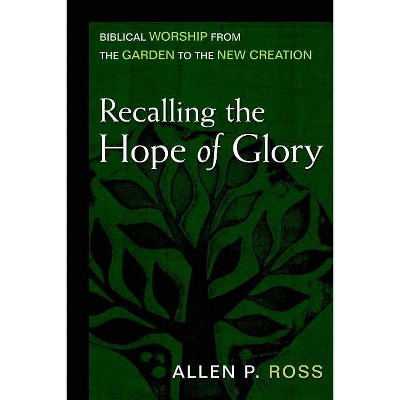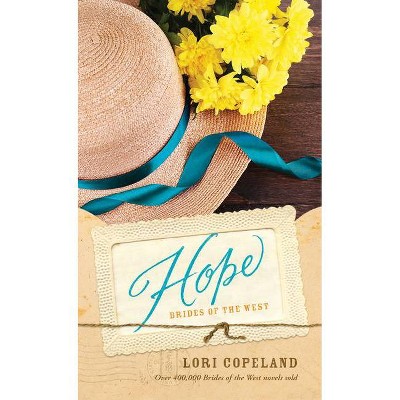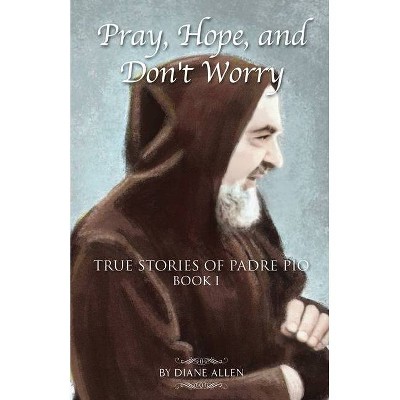A History of False Hope - by Lori Allen (Hardcover)
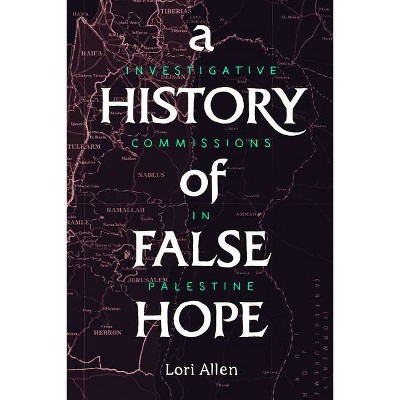
Similar Products
Products of same category from the store
AllProduct info
<p/><br></br><p><b> About the Book </b></p></br></br>This book offers a provocative retelling of Palestinian political history through an examination of the international commissions that have investigated political violence and human rights violations. More than twenty commissions have been convened over the last century, yet no significant change has resulted from these inquiries. The findings of the very first, the 1919 King-Crane Commission, were suppressed. The Mitchell Committee, convened in the heat of the Second Intifada, urged Palestinians to listen more sympathetically to the feelings of their occupiers. And factfinders returning from a shell-shocked Gaza Strip in 2008 registered their horror at the scale of the destruction, but Gazans have continued to live under a crippling blockade. Drawing on debates in the press, previously unexamined UN reports, historical archives, and ethnographic research, Lori Allen explores six key investigative commissions over the last century. She highlights how Palestinians' persistent demands for independence have been routinely translated into the numb language of reports and resolutions. These commissions, Allen argues, operating as technologies of liberal global governance, yield no justice--only the oppressive status quo. A History of False Hope issues a biting critique of the captivating allure and cold impotence of international law.<p/><br></br><p><b> Book Synopsis </b></p></br></br><p>This book offers a provocative retelling of Palestinian political history through an examination of the international commissions that have investigated political violence and human rights violations. More than twenty commissions have been convened over the last century, yet no significant change has resulted from these inquiries. The findings of the very first, the 1919 King-Crane Commission, were suppressed. The Mitchell Committee, convened in the heat of the Second Intifada, urged Palestinians to listen more sympathetically to the feelings of their occupiers. And factfinders returning from a shell-shocked Gaza Strip in 2008 registered their horror at the scale of the destruction, but Gazans have continued to live under a crippling blockade. </p> <p>Drawing on debates in the press, previously unexamined UN reports, historical archives, and ethnographic research, Lori Allen explores six key investigative commissions over the last century. She highlights how Palestinians' persistent demands for independence have been routinely translated into the numb language of reports and resolutions. These commissions, Allen argues, operating as technologies of liberal global governance, yield no justice--only the oppressive status quo. <i>A History of False Hope</i> issues a biting critique of the captivating allure and cold impotence of international law.</p><p/><br></br><p><b> Review Quotes </b></p></br></br><br>Focusing on half a dozen of the most important missions with a sharp anthropologist's eye, Lori Allen highlights the reaction of Palestinian opinion to the ostensible opportunities offered by the commissions, and the hopes they raised and dashed.--Jim Muir "<i>London School of Economics Review of Books</i>"<br><br>If history serves as a signpost for the future, Allen's book expertly shows the limitations of engaging with international commissions and international law as a mechanism for Palestinians to attain their long-denied rights.--Josh Ruebner "<i>The Electronic Intifada</i>"<br><br><i>A History of False Hope</i> constitutes a significant contribution to the scholarly understanding of the workings of international law and of investigative bodies, along with a fresh perspective on how and why they have failed the Palestinians.--Zachary Lockman "<i>H-Diplo</i>"<br><br>Allen's book juxtaposes Palestinian investment in their political rights against the international community's determination to thwart a solution. A book that takes a subaltern view of history, the book presents the illusion of hope in an accessible and chronological manner, pinning culpability on the international culprits that exploited Palestine for the spoils of settler-colonialism.--Ramona Wadi "<i>The New Arab</i>"<br><br>Lori Allen has produced a fascinating, engaging, and innovative scholarly assessment of how international commissions have failed to deliver political results to the Palestinian people. This disillusioning narrative of good intentions gone awry sheds light on the interplay of law and politics in international relations, and is further enriched by illuminating archival research and the arresting insights of a first-class anthropologist.--Richard Falk "Former UN Special Rapporteur for Palestine, author of <i>Palestine's Horizon: Toward a Just Peace</i>"<br><br>Lori Allen provides a remarkable account of how investigative commissions shaped the form, content, and tenor of conversations about Palestine and between Palestinians and western powers. <i>A History of False Hope</i> is indispensable for understanding the nature of the failure of international law in Palestine.--Ilana Feldman "George Washington University"<br><br>This brilliant study not only succeeds in recovering the lives, aspirations and agency of Palestinians written out of history, but helps correct the balance of long-term bias against them. All those who have wondered why successive investigative commissions in Palestine have created only impotent solidarity should read this book.--Raja Shehadeh "author of <i>Going Home: A Walk Through Fifty Years of Occupation</i>"<br><p/><br></br><p><b> About the Author </b></p></br></br><b>Lori Allen</b> is Reader in Anthropology at SOAS University of London. She is the author of <i>The Rise and Fall of Human Rights: Cynicism and Politics in Occupied Palestine</i> (Stanford, 2013).
Price History
Price Archive shows prices from various stores, lets you see history and find the cheapest. There is no actual sale on the website. For all support, inquiry and suggestion messagescommunication@pricearchive.us

